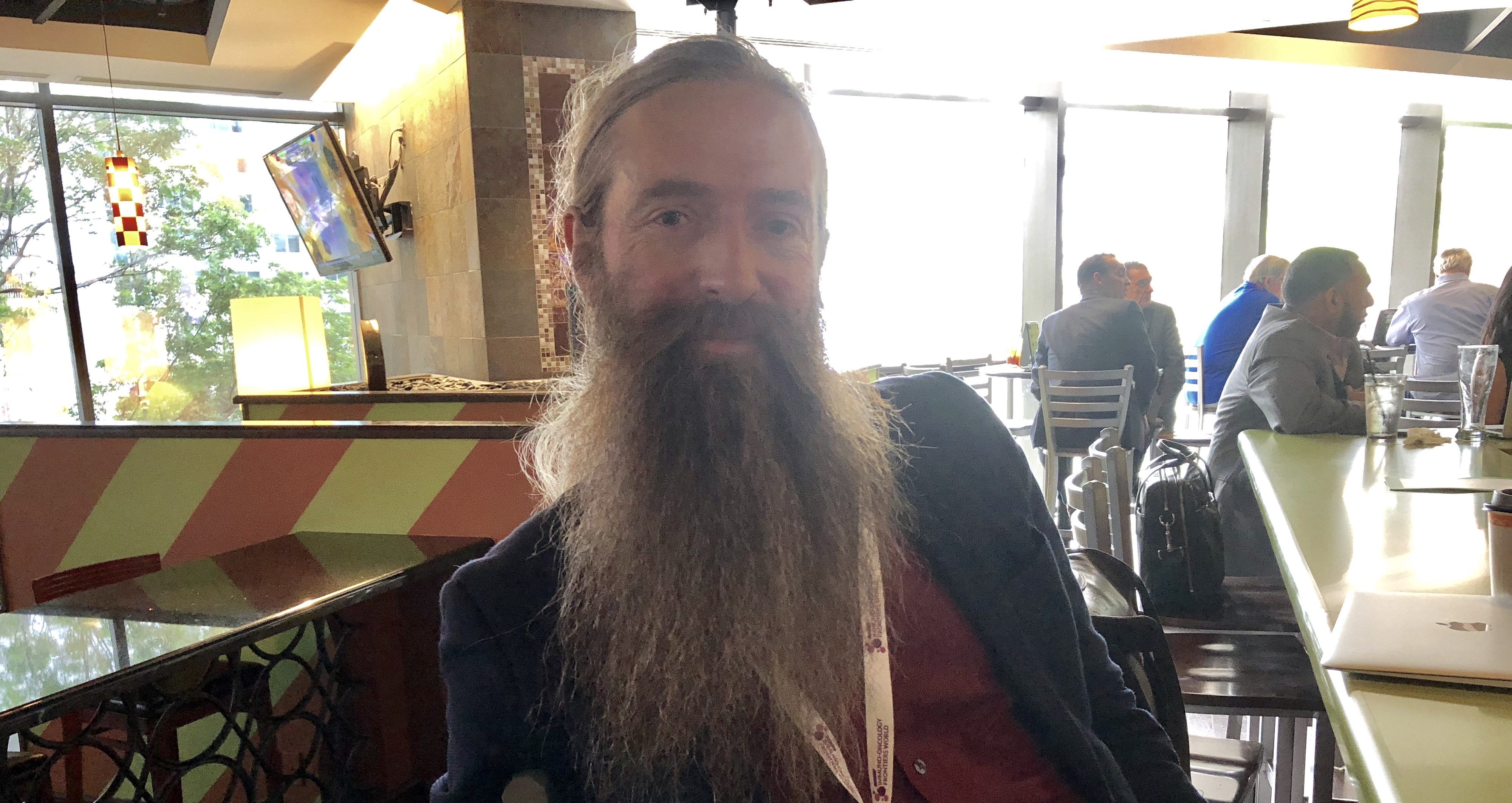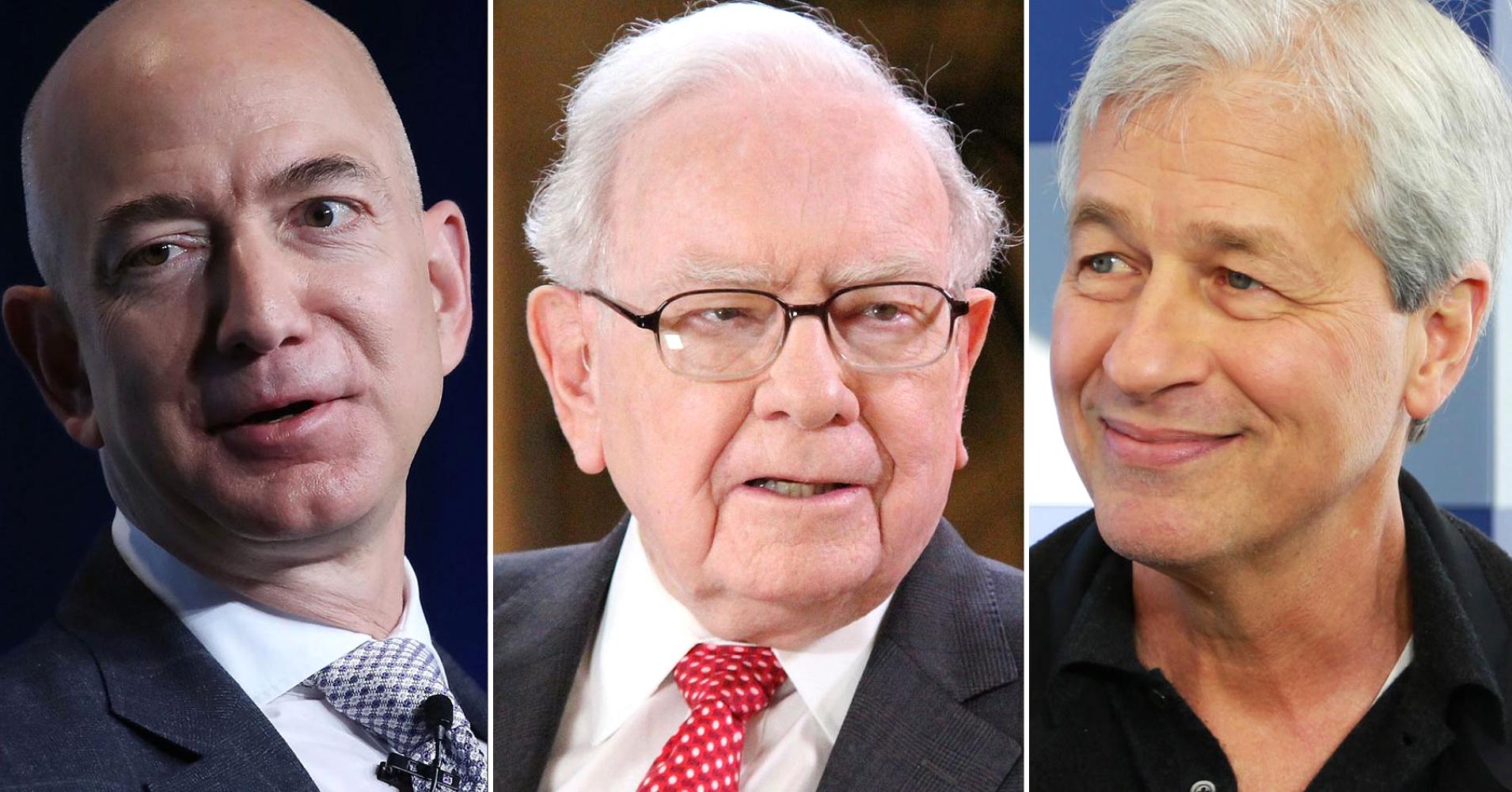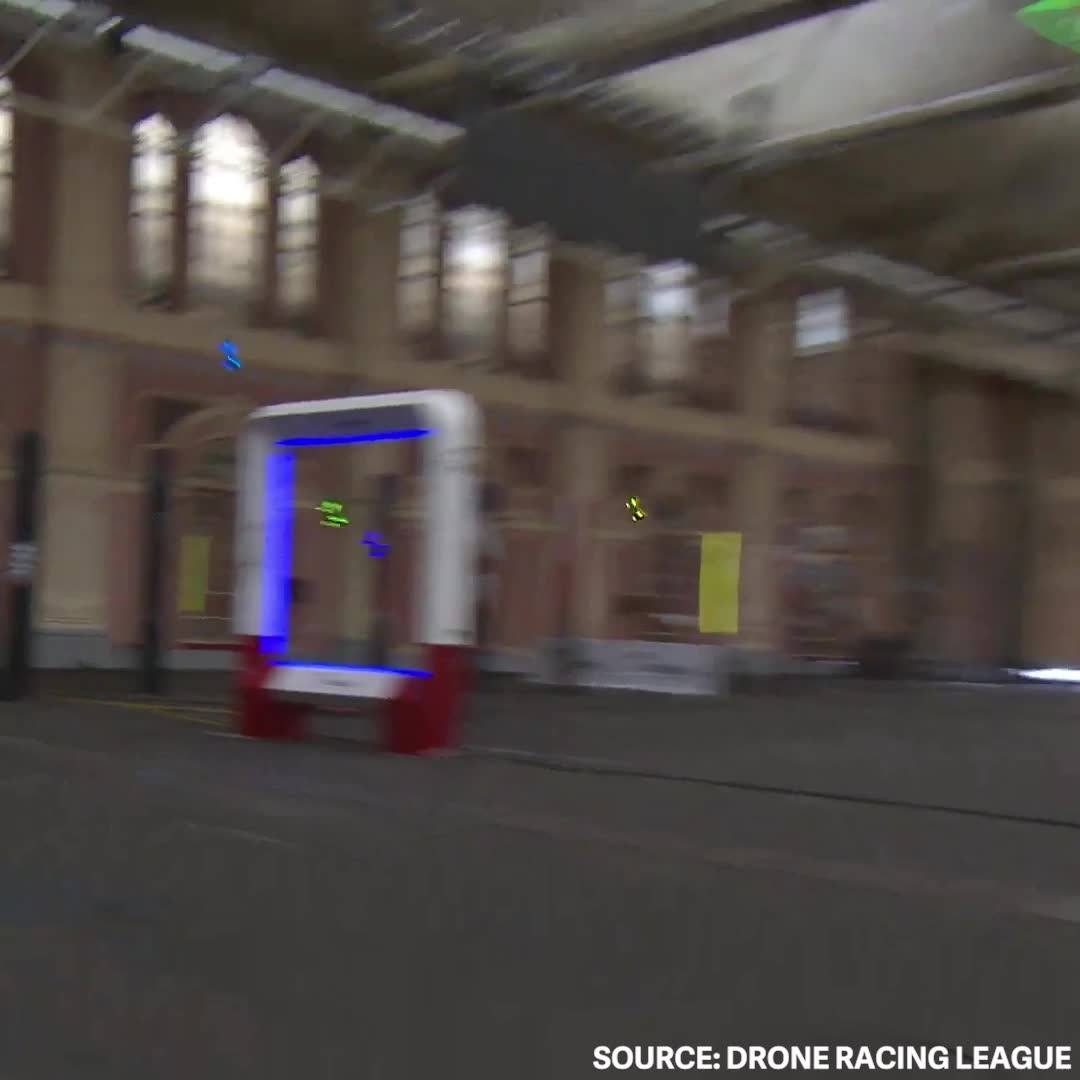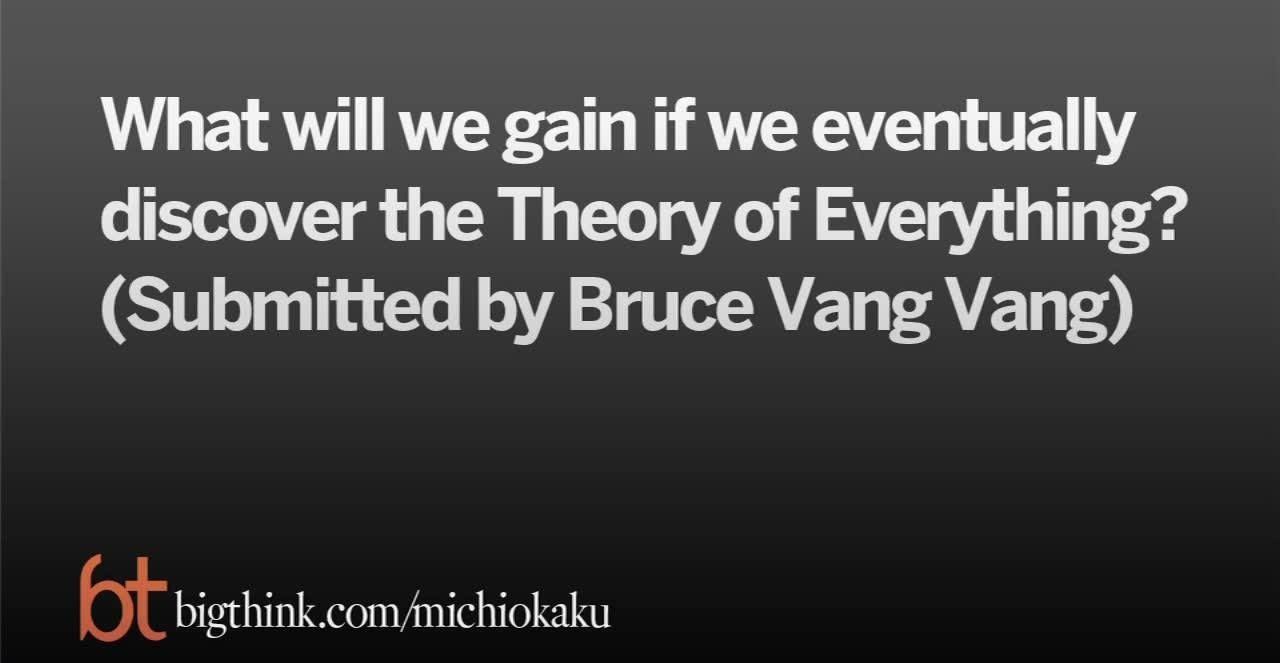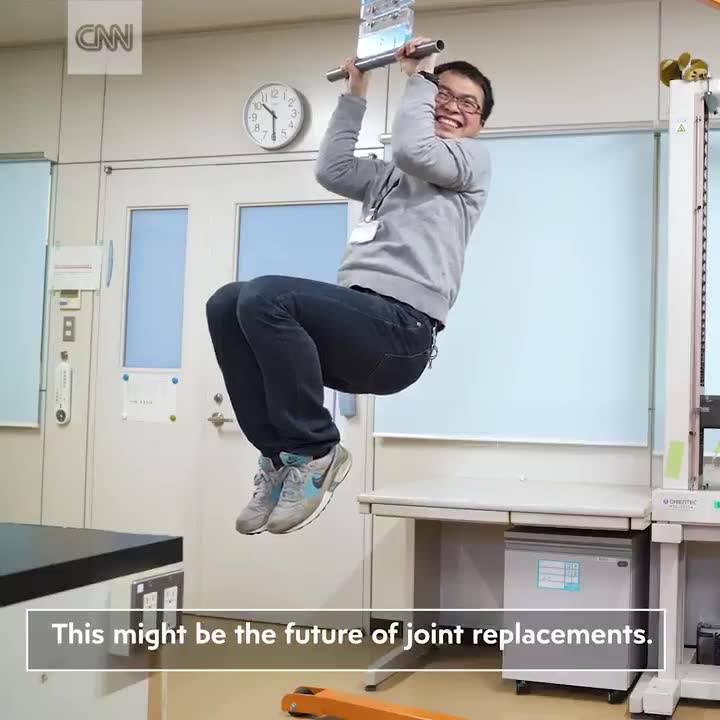Aging is not a mystery, says famed researcher Dr. Aubrey de Grey, perhaps the world’s foremost advocate of the provocative view that medical technology will one day allow humans to control the aging process and live healthily into our hundreds—or even thousands.
“The cultural attitudes toward all of this are going to be completely turned upside down by sufficiently promising results in the lab, in mice.”
He likens aging to a car wearing down over time; as the body operates normally, it accumulates damage which can be tolerated for a while, but eventually sends us into steep decline. The most promising way to escape this biological reality, he says, is to repair the damage as needed with precise scientific tools.
